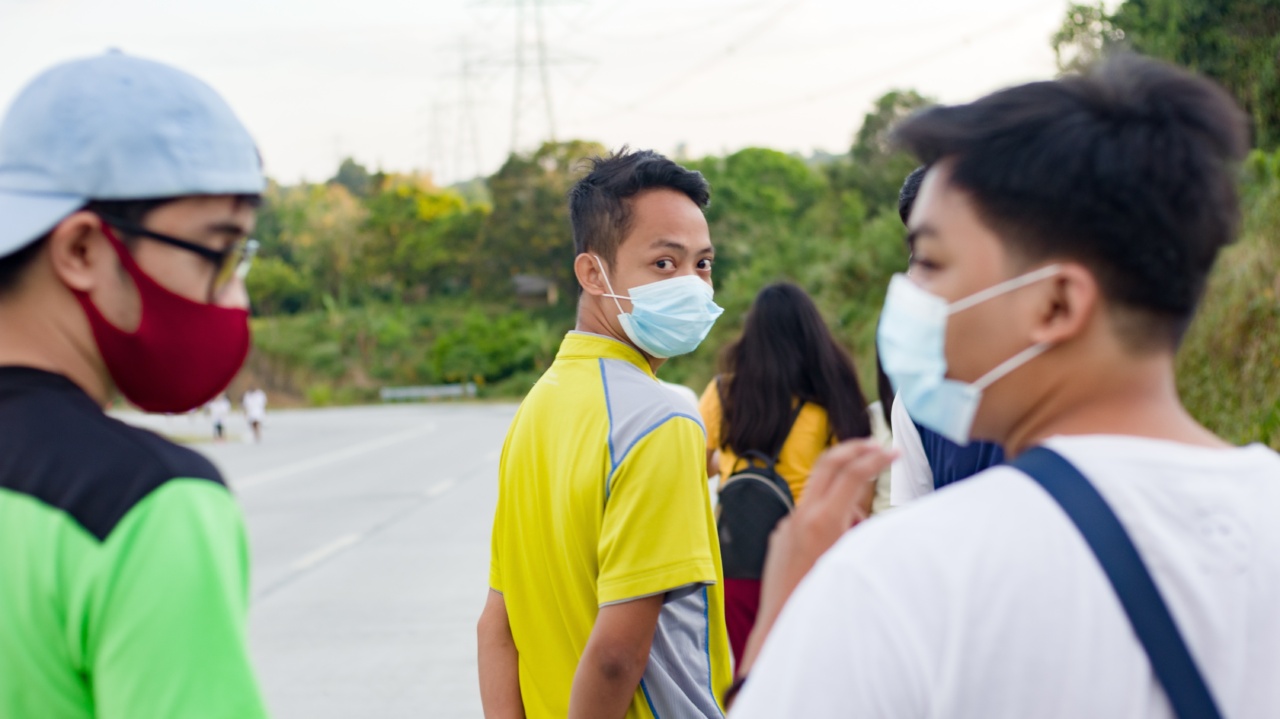Anxiety is a common mental health issue that affects people of all ages and backgrounds. It can be caused by a variety of factors, including genetics, life events, and medical conditions.
Anxiety can have a significant impact on a person’s daily life, making it difficult to concentrate, sleep, and even perform basic tasks.
While medication and therapy are common treatments for anxiety, many people are turning to natural remedies to help manage their symptoms. Natural remedies are often safer and have fewer side effects than prescription medications.
Here are some of the most effective natural ways to reduce anxiety:.
1. Exercise
Exercise is one of the most effective natural ways to reduce anxiety. Regular physical activity can help reduce stress, improve mood, and boost self-esteem.
Exercise releases endorphins, which are natural chemicals that promote feelings of happiness and well-being.
To get the most benefit from exercise, experts recommend at least 30 minutes of moderate-intensity exercise per day. This can include walking, jogging, cycling, or participating in a fitness class.
2. Mindfulness Meditation
Mindfulness meditation is a relaxation technique that involves focusing your attention on the present moment. By doing this, you can reduce stress and anxiety, improve sleep, and increase feelings of well-being.
One of the most popular techniques for mindfulness meditation is called “mindfulness breathing.” This involves focusing your attention on your breath and observing it without judgment.
It can be practiced anywhere and at any time, making it an easy and convenient way to manage anxiety.
3. Aromatherapy
Aromatherapy is the use of essential oils to promote health and well-being. Essential oils are concentrated plant extracts that can be used for a variety of purposes, including reducing anxiety and stress.
Some of the most popular essential oils for anxiety include lavender, chamomile, and ylang-ylang. These oils can be used in a diffuser, added to a bath, or applied topically to the skin.
4. Herbal Supplements
Many herbs have natural anti-anxiety properties. Some of the most popular herbs for anxiety include chamomile, valerian root, and passionflower.
Herbs can be taken in supplement form or brewed as a tea. However, it’s important to talk to your healthcare provider before taking any herbal supplements, as they can interact with other medications and have side effects.
5. Yoga
Yoga is an ancient practice that combines breathwork, meditation, and gentle physical movements. It has been shown to reduce symptoms of anxiety and depression and improve overall well-being.
Many yoga poses are specifically designed to promote relaxation and reduce stress. Some of the most popular poses for anxiety include child’s pose, downward dog, and corpse pose.
6. Healthy Diet
Eating a healthy diet can have a significant impact on your mental health. A diet rich in fruits, vegetables, whole grains, and lean protein can provide the nutrients your body needs to manage anxiety.
Some specific nutrients that have been shown to reduce anxiety include omega-3 fatty acids, B vitamins, and magnesium. These nutrients can be found in fatty fish, nuts and seeds, green leafy vegetables, and whole grains.
7. Acupuncture
Acupuncture is a traditional Chinese medicine practice that involves inserting thin needles into specific points in the body.
It has been shown to reduce symptoms of anxiety by promoting relaxation and restoring balance to the body’s energy systems.
Acupuncture is often used in combination with other therapies, such as exercise and nutrition, to create a comprehensive treatment plan for anxiety.
8. Music Therapy
Music therapy is a form of therapy that uses music to promote relaxation and reduce stress and anxiety. This can include listening to calming music, playing an instrument, or singing.
Music therapy has been shown to help reduce symptoms of anxiety and depression in people of all ages. It’s a non-invasive and enjoyable way to manage anxiety.
9. Sleep
Getting enough sleep is essential for managing anxiety. Lack of sleep can lead to increased feelings of anxiety and stress.
Experts recommend getting 7-9 hours of sleep per night. To improve sleep, it’s important to establish a regular sleep routine and avoid caffeine and alcohol before bedtime.
10. Social Support
Having a strong support system can help reduce feelings of anxiety and stress. This can include family, friends, or a support group.
Talking to others about your feelings and experiences can help normalize anxiety and reduce feelings of isolation. It’s important to surround yourself with positive and supportive people who can help you manage anxiety.






























